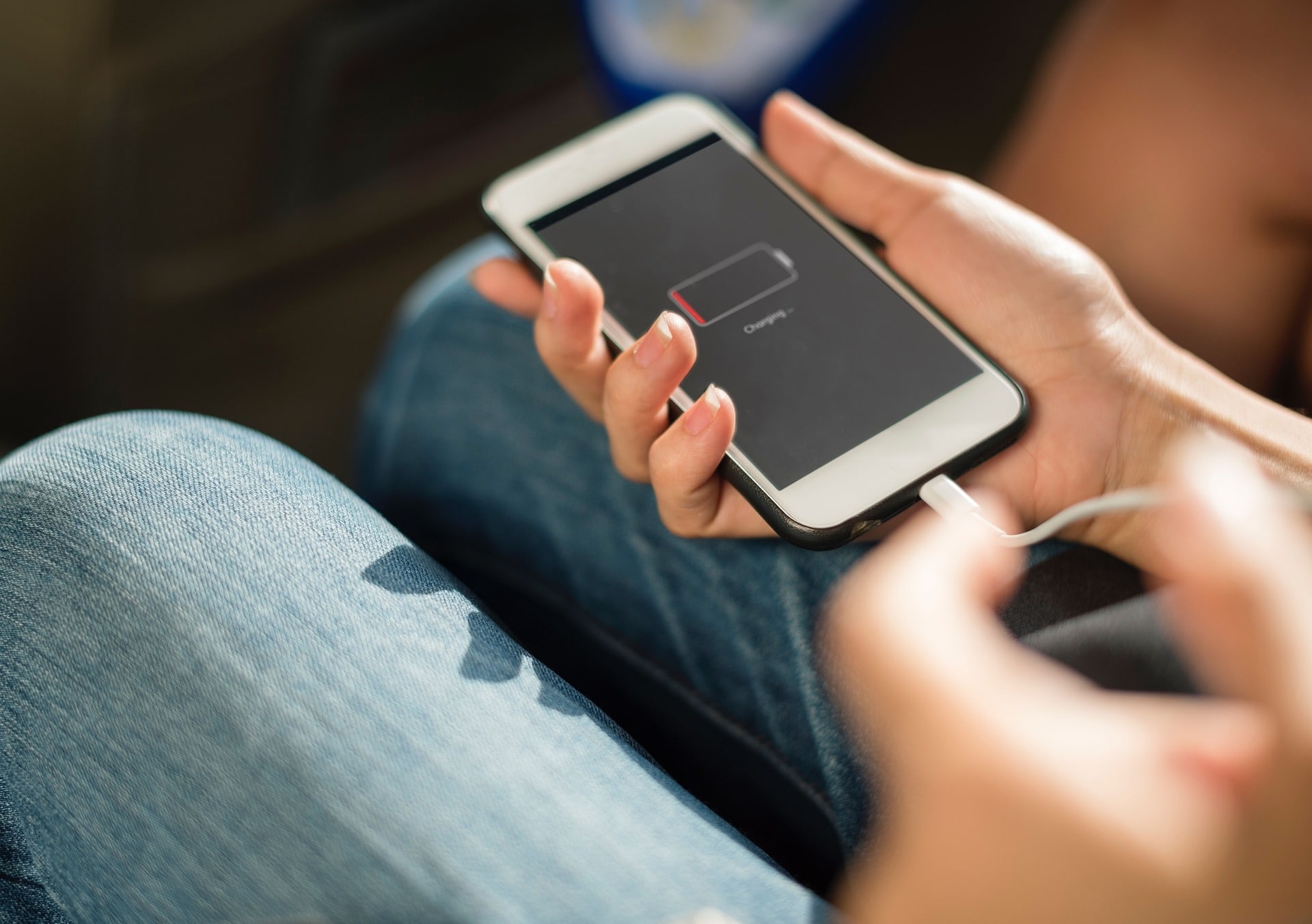
maybe you already know basics about VPNs (that digital service that protects your browsing through an encrypted tunnel, underpinning your online privacy, and providing you with greater security and accessibility in your online activities), but you still have questions about some of its features or how it can affect the use of this tool on your devices. One of the questions that most often arise in this regard is that of if VPNs respect the battery of our devices. If you want to know more about this topic, you are in the right place.
How much battery does a VPN service consume?
Let's get straight to the point. The first thing we need to know is that VPNs often operate in the background, that is, they work while we are doing other activities on our phone. A large part of the tools and services that are executed in this way consume more or less significant amounts of the battery of a device. The case of VPNs is no exception. The exact percentage of battery that is consumed when a VPN app is running will depend on three main factors: The specific VPN service being used (and more specifically, the level of encryption that service uses and whether it runs in the background constantly or interrupted), the strength of the signal, and the amount of battery that consumes the use of mobile data on your device. Taking into account that there may be variations depending on these three factors, we could say that, normally, the increase in battery consumption if you are using a VPN would be around 15%.
The first conclusion that we can draw from all this is that, although VPNs are very useful services to shore up the security of our online activities, they have a significant cost in terms of battery, which means that it would be advisable to make sure that you take certain measures for and take into account certain considerations to maximize the battery performance of our devices.
Solutions to save battery with your VPN
As we said before, the level of battery consumption will be affected by the specific VPN service that we are using. It is true that there will be some services that consume less battery than the average, but that could also mean that this VPN offers a lower level of encryption (and thus a level of shielding) than others that may consume something else. Most VPN services offer 256-bit encryption levels, if we decide to go down to lower encryption levels, we will have more battery life, but less protection. If we do not want to reduce the level of protection, we can opt for the use of new more efficient protocols, such as the LightWay protocol developed by ExpressVPN.
Regarding the issue of the signal, note that the type of connection also matters, the more data capacity the greater the spectral power and therefore the greater battery consumption, which is why some operators recommend deactivating 5G if this greater use of band is not needed to save battery. Similarly, a good WiFi signal decreases battery consumption, because the device (and also the VPN) must invest less effort, fewer resources, in communications.
Before we wrap up we want to offer a series of tips and tricks to try and help you maximize your battery efficiency while using a VPN. The first of these tips is install a VPN directly on your wifi router. In this way, when you are close to that router, it will not be necessary to launch the corresponding application on your mobile. Another interesting solution is get an external battery that you can use in an emergency. There are many of these power banks external that offer very good performance and are comfortable to transport. After all, it is true that it is one more lump, but better safe than sorry. And finally there is the matter of being attentive to close the VPN app when we are not going to use the service. Of course, we must bear in mind that once we close it, we will not be protected, so be careful!
